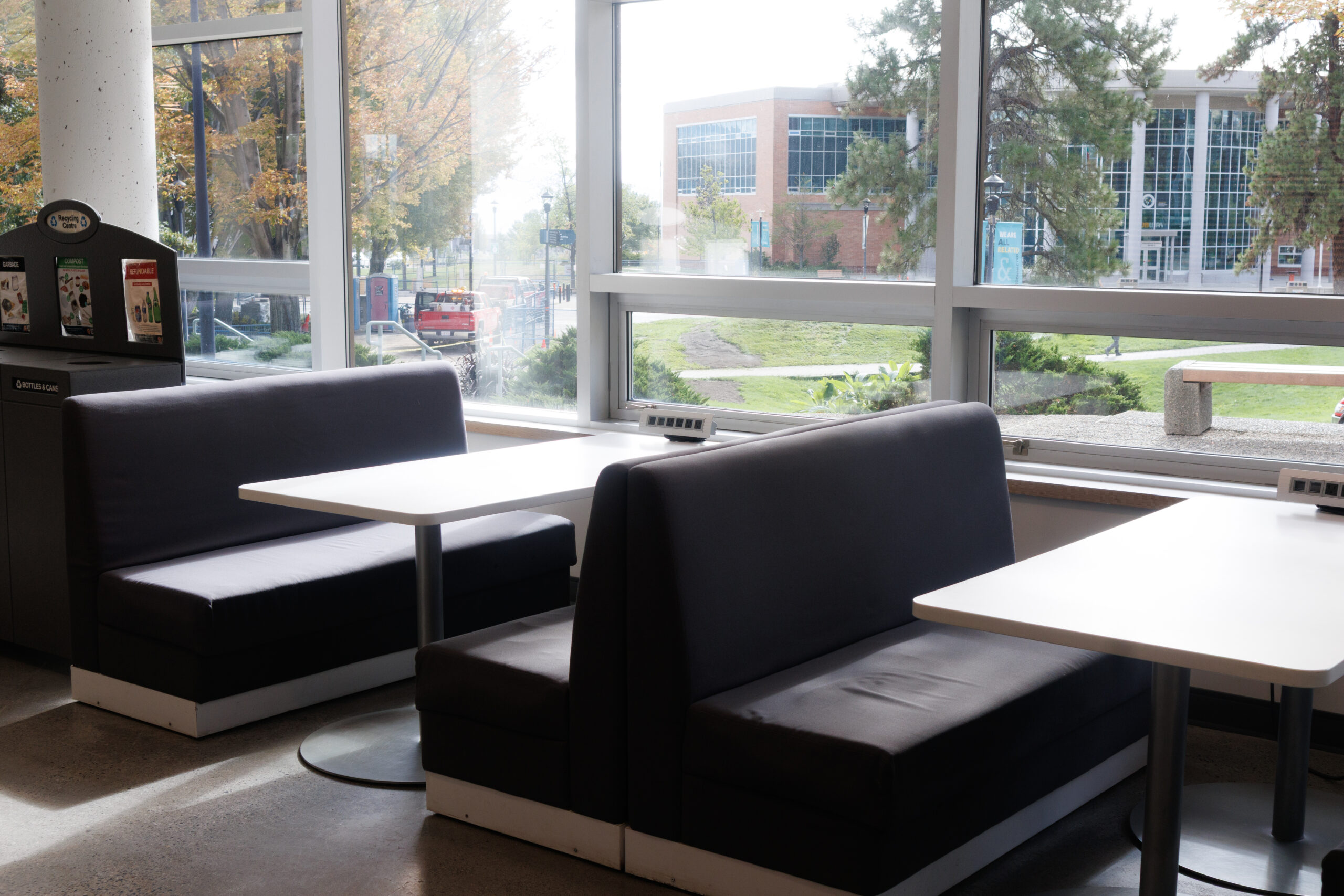For many students, the start of the final exam season can be a strenuous time. Between juggling a personal life with work responsibilities and keeping up with the assignments corresponding to four, five, or sometimes six classes per semester, many students may feel like they’re struggling to keep their heads above water. To help students cross the finish line, preferably excelling in the process, the Omega has sought assistance from a handful of the professors featured in its “Professor Spotlight” section and asked what study tips they could recommend to help alleviate the final exam blues.
For microbiologist and professor Naowarat Ann Cheeptham, what’s important during this hectic season is for students to take care of their body, mind, and brain. When discussing overnight study sessions, the microbiologist noted that many students often sacrifice physical activity, nutritious food, and adequate sleep in an effort to stay ahead. In contrast, she advised that when these psychological needs are met, students retain information better.
“Sleeping is a time when our brain processes information. So if you don’t sleep, you have all this information in a box, but the box didn’t have time to sort it,” Cheeptham said.
According to professor Thom Vernon, writing notes by hand is the best study tip he can offer students.
“There’s something about the scratch of the paper [and] the textures that your body picks up and recognizes as a signal,” Vernon told The Omega.
While professor Lynda Daneliuk agreed with Vernon on the need for students to take notes, the folklorist expanded upon the idea, suggesting that note-taking shouldn’t be limited to pencil (or pen) to paper. In Daneliuk’s eyes, whether paper or tablet, as long as one has the means to do it by hand, that’s what matters the most.
“Sometimes they might seem kind of goofy—like a joke or some funny little diagrams”, but at the end, that little creation the student made may be the key to information retention, Daneliuk said.
Having attended nursing and law school, professor Joyce O. Adjei has learned that studying is a system that requires many gears, and the first one you place will help the student identify where the other pieces go.
“I would say the student has to start early… skim through your documents, skim through the course materials, [and] your textbook before you go to class,” Adjei said. If students do so, she advised, they will have more opportunities to be prepared for actively participating in the class; in the long run, this will help them organize a study plan using the available resources that will condition them to be prepared and confident when exam day arrives.
After talking about the importance of reading and highlighting the course’s textbook, going through the PowerPoints and writing down notes, and asking for reviews and information about the test, professor Chris Montoya shared with the Omega the study tip that helped him go from a C-student to a straight-A student: finding a study partner or group. For Montoya, finding someone who makes studying fun and competitive is the key to succeeding, because then, it isn’t about competing with the class, but with one or more close friends who make one’s grades go up.
Studying doesn’t have to feel like a spontaneous sprint, but like a planned marathon. A marathon runner plans ahead to increase their resistance and distance by eating healthily, taking rest days, and prioritizing sleep. And when the race day arrives, with their water bottle and snacks, they confidently cross the finish line because they’ve worked since the beginning, sometimes before other runners, and sometimes after. After all, if there were only one runner in a marathon, then how would one identify areas of opportunity?

